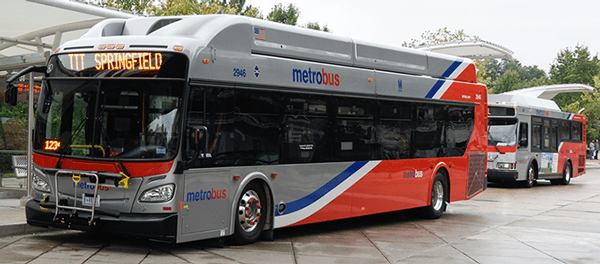A report crafted for the American Public Transportation Association claims that “modernization deficiencies” within U.S. public transit infrastructure results in a loss of $340 billion work of business revenue over a six-year period — reducing the gross national product by $180 billion, a figure that includes a loss of $109 billion in household income, with a reduction in 162,000 jobs over the same time frame.
The study – called The Economic Cost of Failing to Modernize Public Transportation and compiled by the Economic Development Research Group Inc. for APTA – examined the public transportation modernization needs nationwide and performed in-depth case studies of six transit systems in Boston, Chicago, Atlanta, Philadelphia, San Francisco, and Washington D.C.
The report also examined modernization needs in bus and bus facilities which were applicable to systems like the Central Ohio Transit Authority.
“Our failure as a nation to address America’s public transit modernization needs has wide-ranging negative effects because lost time in travel makes a region’s economy less productive,” noted APTA President and CEO Paul Skoutelas in a statement. “[Those] losses are a product of decreases in efficiency and productivity from public transit delays and disruptions. In contrast, the economy benefits when transit operators can devote resources toward expanding and modernizing service in response to emerging growth.”
APTA’s report highlighted the 2015 Conditions and Performance Report compiled by the Federal Highway Administration, which estimated the overall “state of good repair” backlog in the U.S. public transit network is at $89.9 billion and growing – with more than $50 billion worth of project backlog existing just with the nation’s seven largest transit systems.
The study also referenced the American Society of Civil Engineers grade of “D-minus” given to the nation’s public transportation infrastructure in its 2017 Infrastructure Report Card – the lowest grade ASCE gave to any category of U.S. infrastructure.
“Talk of public transit infrastructure is not always the most sexy and exciting issue in the country, but it is critically important to the vitality and the economy of our regions,” noted Ed Reiskin, director of transportation for the San Francisco Municipal Transportation Agency, in a statement. “In cities like San Francisco, we have both aging pains and growing pains to deal with as we keep the system in a state of good repair and running reliably for the people who need it today.”

